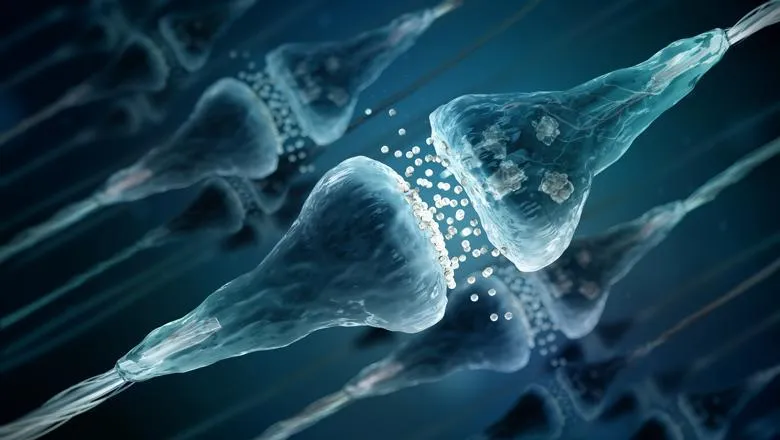Autism spectrum disorder and Alzheimer's disease both involve alterations to RNA regulation and disruption of function in specific cell types and brain regions. We will gain new understanding of RNA regulation and deregulation, which will enable us to improve the ways in which the expression of gene therapies can be regulated. We aim to enable the cells themselves to switch the therapies on and off depending on the need of the cells.”
Professor Jernej Ule, lead investigator
24 July 2023
New Wellcome Discovery Award to study gene regulation in autism spectrum disorder and Alzheimer's disease.
Professor Jernej Ule, Dr Laura Andreae, and Professor Ben Blencowe have received £5,443,308 for the project “Context-dependent RNA regulation and its application in auto-gating therapeutics for brain disorders”.

The project seeks to gain new knowledge of RNA regulation to improve the precision of potential gene therapies for autism spectrum disorder and Alzheimer's disease.
The diverse types of cells in the human body share the same genome. This diversity is possible because each cell regulates which genes are turned on to make RNA and proteins, and which are off. This project will study how such regulation depends on the interactions between RNA and proteins, which create complexes known as ribonucleoproteins (RNPs).
Disrupted functions of RNPs can cause various diseases. This project will first investigate the mechanisms underlying the formation of RNPs that regulate RNA in specific types of neurons. It will then look at how these mechanisms are deregulated in autism spectrum disorder and Alzheimer’s disease.
The identified key regulatory elements will be used to enhance the precision of gene therapies, targeting affected cell types at an early stage of the disorder. This approach, referred to as “gene-gating”, aims to halt progression while allowing healthy cells to remain intact.
The team will work with key collaborators from University College London on related areas — Pietro Fratta and Gabrielle Lignani, who work on gene gating strategies for ALS and epilepsy, and Karen Duff, who studies the molecular pathogenesis of Alzheimer’s disease.
I am delighted that our proposal has received the Wellcome Discovery Award. With this project, we will not only be able to provide insight into fundamental regulatory processes, but also improve the precision of gene therapies for complex neurological and neuropsychiatric conditions that affect specific subsets of neurons at different times. It will be very exciting to combine expertise from different fields to tackle this challenge from multiple angles.”
Dr Laura Andreae, co-investigator
The Wellcome Discovery Award is a scheme providing funding for established researchers and teams from any discipline who want to pursue bold and creative research ideas to deliver significant shifts in understanding that could improve human life, health and wellbeing. This award will fund the project for 8 years, starting in early 2024.
Dr Jernej Ule is Director of the UK Dementia Research Institute at King’s and Van Geest Professor of Neurodegeneration Research at the Department of Basic and Clinical Neuroscience, Dr Laura Andreae is Reader in Developmental Neuroscience at the Centre for Developmental Neurobiology and MRC Centre for Neurodevelopmental Disorders, and Dr Ben Blencowe is Professor at the Donnelly Centre and Department of Molecular Genetics at the University of Toronto.


